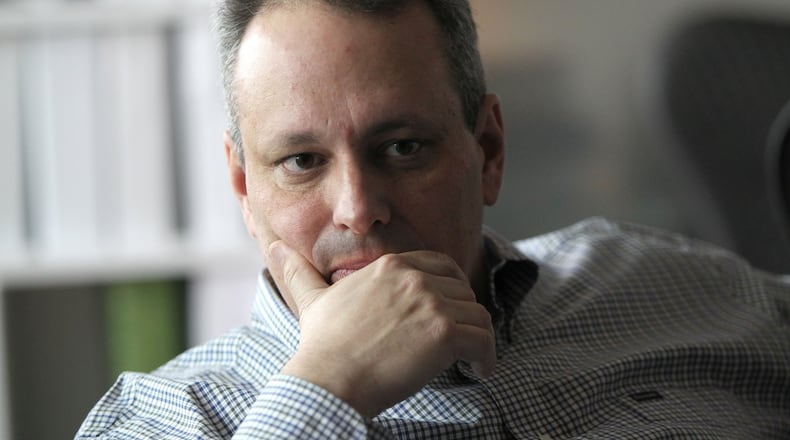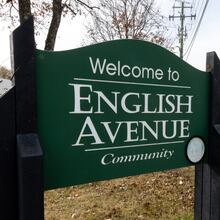Small businesses are set to apply for $350 billion of federal coronavirus-related disaster relief loans starting Friday. But some companies have recently been cut off from another source of desperately needed cash.
Banks and online lenders have recently stopped making loans to many small businesses, or blocked access to existing lines of credit, because of the economic fallout from COVID-19, according to the lenders and media reports.
Kabbage, a fast-growing Atlanta-based company that makes small business loans through an online platform, confirmed on Thursday that it has closed credit lines for existing borrowers.
“We needed time to restructure our systems and teams to prepare to deliver billions of dollars of aid” through the federal relief program, Kabbage CEO Rob Frohwein said in an emailed statement.
Others have taken similar steps. American Express and online lenders Square and OnDeck Capital have cut back on making loan offers to small businesses, the Wall Street Journal reported last week.
Choking off credit presents a huge problem for countless small businesses that have shut down operations due to social distancing and aren't generating revenue. Many have furloughed workers, but still plan to pay outstanding invoices. But now they can't withdraw cash from commercial credit lines.
When it comes to loans in emergency situations, it’s more appropriate for the federal government to provide those funds, Frohwein said.
“The funds allocated in the CARES Act have been specifically designed to be the best and most appropriate funding for small businesses to sustain their companies and employees,” he said.
Paycheck Protection Program loans are backed by the federal government and will be forgiven if borrowers can prove they used the proceeds to pay employees, healthcare benefits, rent or other specific uses. Privately owned lenders can’t afford the risk involved with making loans to businesses in an emergency situation, many of which won’t survive the economic downturn.
Banks and online lenders will nevertheless be involved in the federal Paycheck Protection Program, likely as the distributors of loan money, although details are still being worked out. Kabbage plans to participate in the program as soon as it’s ready, Frohwein said.
Other local banks also said they will participate. Synovus, which operates 44 branches in metro Atlanta, is interested in being involved, said spokesman Lee Underwood.
Atlanta-based Delta Community Credit Union is waiting on the Small Business Administration to clarify reporting requirements for lenders, “so we can determine if we are able to offer the program in a way that’s beneficial to our members,” Chief Lending Office Bob Walsh said in an emailed statement.
Other lenders, however, say it’s business as usual, despite the coronavirus shutdown. Small banks in Georgia have not choked off access to credit for small businesses, said John McNair, CEO of the Community Bankers Association of Georgia.
“I see no desire from our banks to slow down lending,” McNair said.
Truist has made credit available to borrowers hurt by the COVID-19 crisis through several new programs, such as deferred loan payments and fee waivers, said spokesman Mike McCoy. Truist also plans to participate in Paycheck Protection Program and the bank has had 17,000 clients ask for updates on how they can apply for the loans.
The credit problems facing small business don't seem to apply to many large, publicly traded companies in Georgia. Home Depot, Macy's, NCR and others have withdrawn billions of dollars in cash to survive the economic uncertainty.
Some have completely maxed out their credit lines. In the latest example, Atlanta-based medical products provider Cryolife last week withdrew $30 million in cash from a revolving credit facility, the entire amount available. The cash is needed to “maintain maximum financial flexibility during the current uncertainty in global markets resulting from the COVID-19 pandemic,” Cryolife said in a statement.
About the Author






